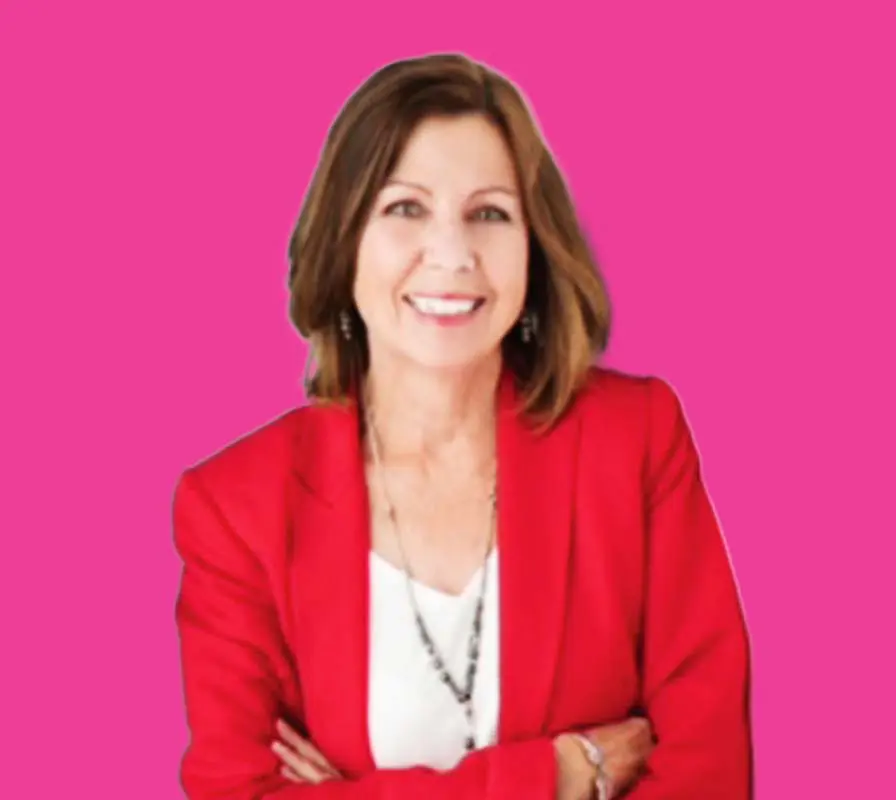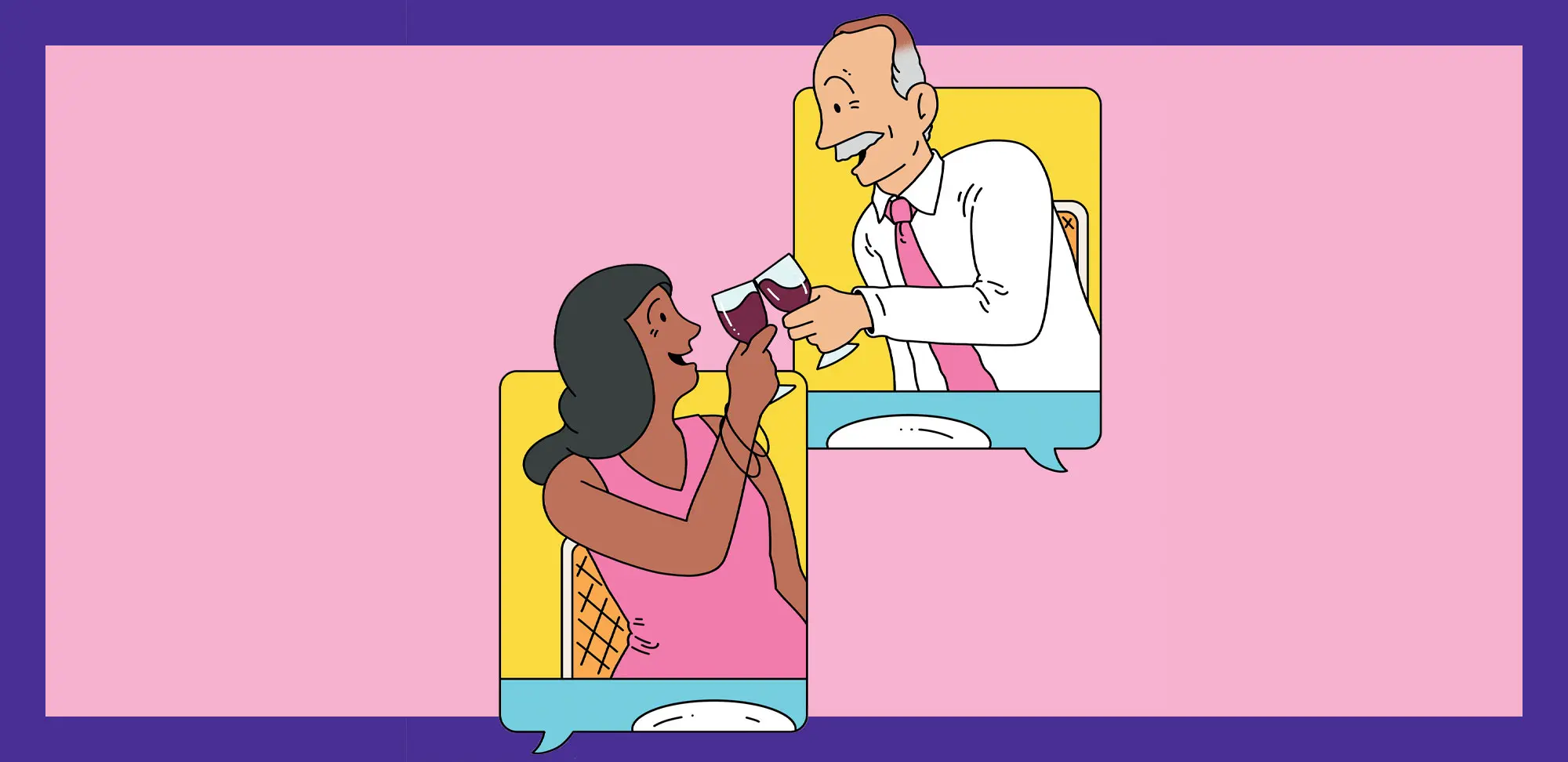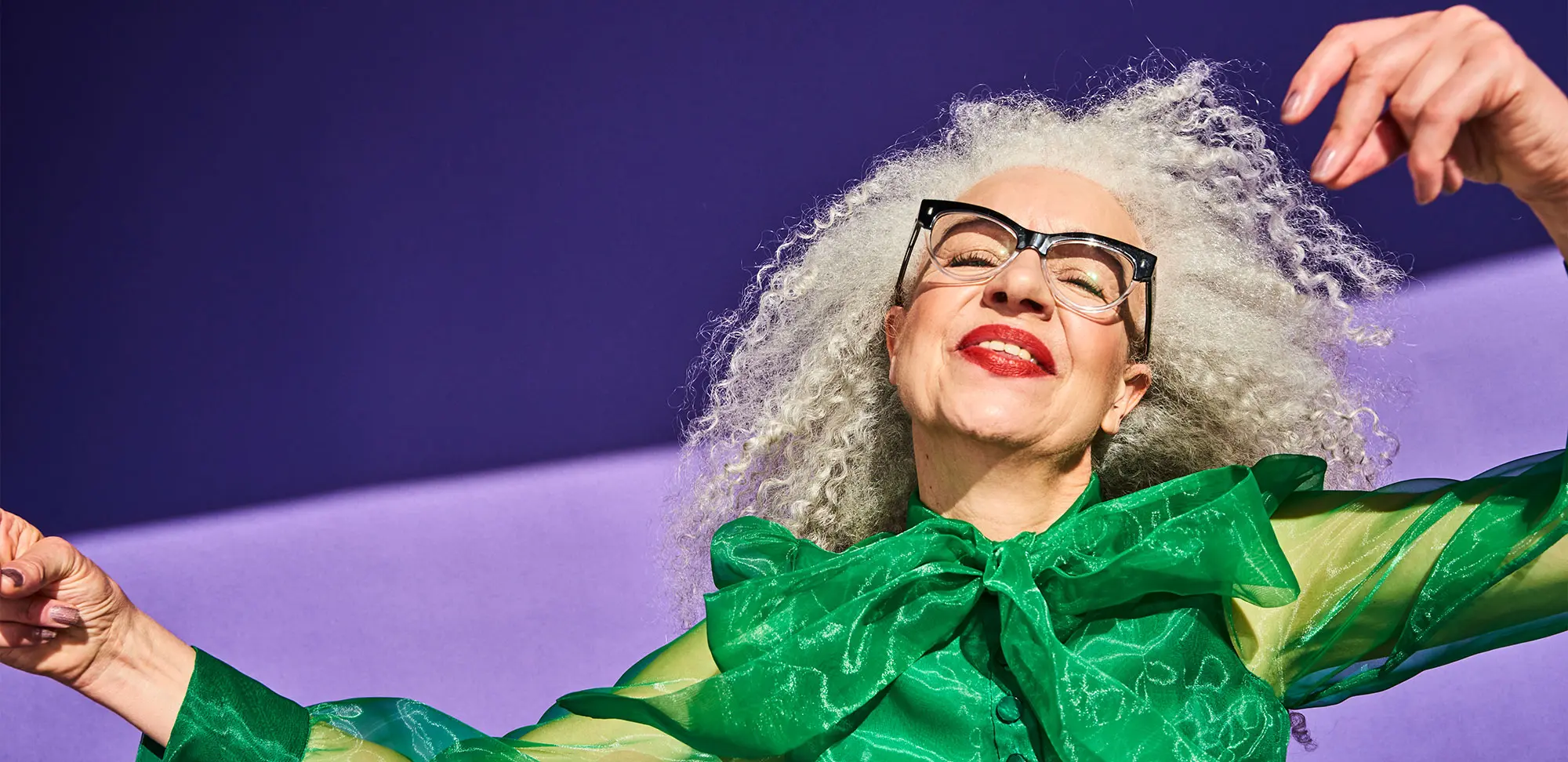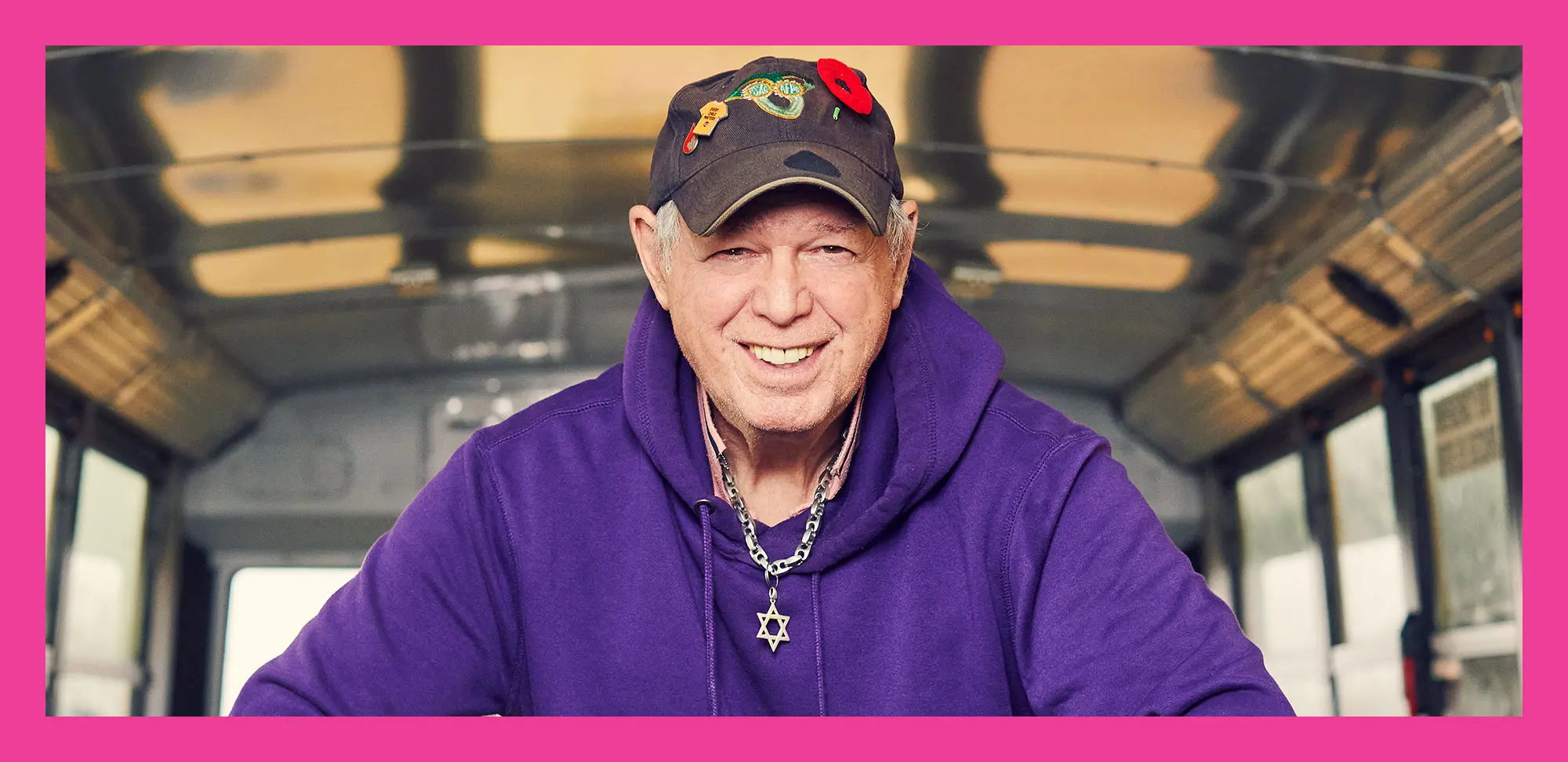Betty Ann Colquhoun (District 11 Waterloo Region) doesn’t consider herself a mentor. She’s just a retired teacher who loves languages, helping students in El Salvador practise their English while she learns Spanish.
That “help” has grown beyond Colquhoun’s wildest dreams.
After her retirement in 2002, Colquhoun volunteered with an organization that offered English-language learning in El Salvador. When that organization shut down, Colquhoun’s children encouraged her to carry on the work. They created CanTeach Connections (canteachconnections.org) to provide conversation partners for students in that country.
In all, volunteer partners spent more than 800 hours talking to students one-on-one in 2021. With new confidence in their English, many students went on to earn safe, well-paying jobs in call centres and other places that require proficiency, proud to be helping support their families.
In January 2022, CanTeach added a virtual program for English teachers. By the end of the year, volunteers had logged about 300 hours of conversation with them.
“I was there in August 2022 and had coffee with some of the teachers,” Colquhoun says. “They were already competent and in many ways didn’t need the program, but their confidence soared, and that made all the difference. Still, I was surprised they saw me as a mentor.”
Mentors make a difference by sharing their knowledge, experience, advice and encouragement. Often a mentor helps a less experienced or younger person develop and achieve career or life goals. The mentor might also support peers in polishing their skills and improving their performance, as Colquhoun did with the English teachers in El Salvador.
Mentoring can change lives, says Mentor Canada, a coalition of organizations that provide mentoring for youth in Canada. A 2021 Mentor Canada survey showed that youth supported by mentors were twice as likely to have completed high school than their peers without mentors. They were 95 per cent more likely to have pursued further education and twice as likely to feel they belonged in their communities.
Toronto Metropolitan University (formerly Ryerson) has long seen the power of mentors, introducing a Tri-Mentoring Program in 2001.
“Counsellors noticed that certain populations were making it to the university but having a difficult time staying,” explains Jennifer Barcelona, who manages the program. “Our hope was that every student who walked through our doors would feel a sense of belonging and not feel they had to leave their identities at the door.”
The Tri-Mentoring Program matches students in three ways: peer-to-peer mentoring matches first-year and upper-year students to ease the transition to university; group mentoring helps Black, LGBTQ2I, East and South East Asian, Indigenous and other groups connect and share their experiences; career mentoring matches third-year students with industry professionals so they can gain insight into the world of work.
In its first year, the program created 60 matches. Over the past 21 years, more than 30,000 students have been mentored.
And it’s not just the mentees who benefit from a mentoring relationship.
The Tri-Mentoring experience has been so positive that at least 80 per cent of the mentors have themselves been mentees. “Alumni of our program are always willing to give back their time as mentors or guest speakers,” Barcelona says.
Mentor Canada, too, found that youth who had mentors were twice as likely to be interested in mentoring others in the future than those without.
As for Colquhoun, “I love my time with students and teachers in El Salvador,” she says. “The work really gave me a focus through COVID-19 — plus I learned enough Spanish to write a decent email and follow along in classrooms.”
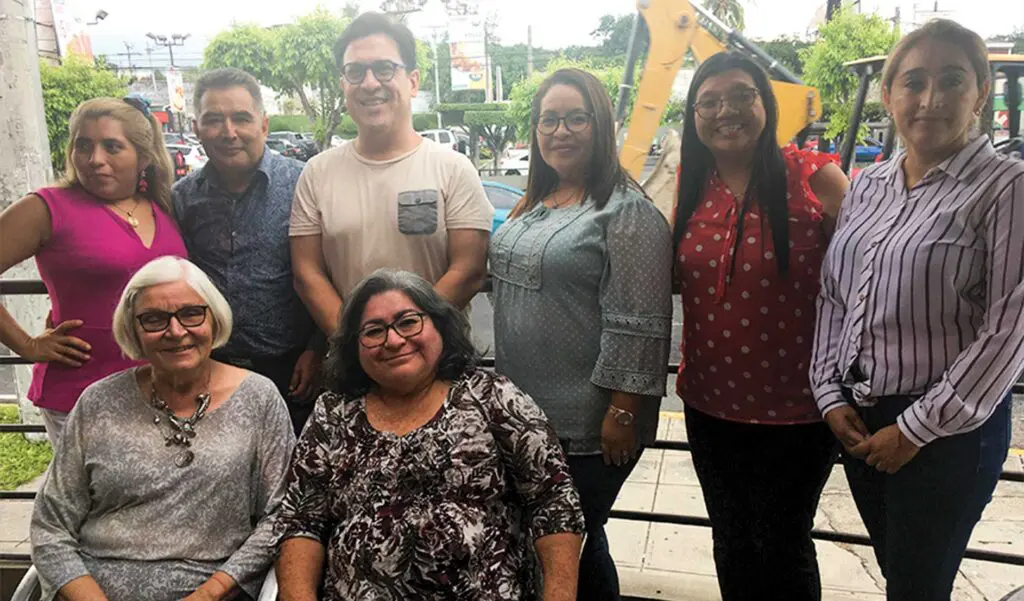
10 years for good behaviour
Jane Sims (District 23 North York) volunteered for 10 years at the Don Jail in Toronto.
A former English teacher, Sims became involved to fulfill a volunteer component while doing her master’s degree. Another student had volunteered in Saint Kitts, which included visiting a local jail, so Sims volunteered there, too.
When she returned, she volunteered to help an acquaintance who taught full-time at the jail. Sims mentored several young men, helping them get their high school diplomas and supporting others who were completing college correspondence courses.
Her volunteer time ended when the jail relocated, but “it was an extremely meaningful experience in my life,” she says.
Once a teacher, always a mentor
You can take the teacher out of the classroom, but can you take the mentor out of the retired teacher? Not if you go by the experience of Fred and Rosey Guidolin (District 12 Norfolk).
Both retired teachers, the Guidolins helped out Rosey’s sister, Donna Quinn. They have visited Quinn’s Grade 7 classroom in person or over Zoom multiple times, offering helping hands to deliver special activities that would bring to life the curricular lessons Quinn developed. Taking her lead, they worked one-on-one or with groups. They helped students create T-shirts, listened to students read, helped with math and offered constructive feedback as students crafted and practised speeches.
“It was gratifying to see the students’ skills and confidence improve, and we highly recommend offering your service to a school,” Rosey says.

